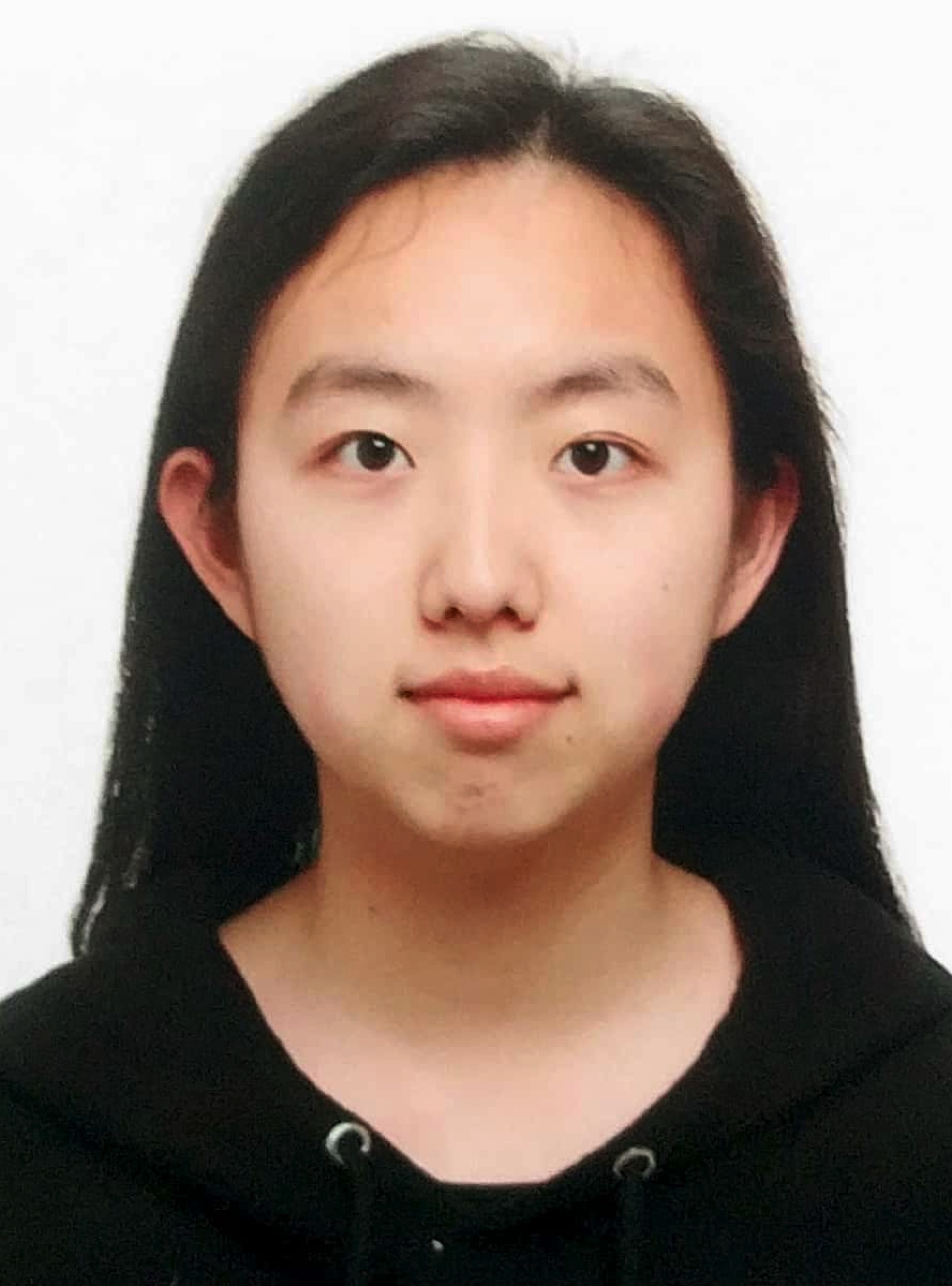NSF CAREER: Synergistic Approaches for Specialized Intelligent Assistance
Project Description (NSF IIS-2142827)
Intelligent assistance systems currently lack the in-depth knowledge needed to automatically provide effective responses in specialized domains, such as emotional support on social media. Manually creating specialized knowledge bases or a one-fits-all model is expensive and infeasible. Existing research on intelligent assistance systems tackles three important sub-problems, user modeling, information extraction, and text generation, but considers these problems to be separate and so addresses them with separate methods. The underlying assumption is that there is no need for cross-utilization of the information needed to address or the knowledge learned by addressing each sub-problem. For instance, knowledge bases or knowledge graphs need no or little expansion by information extraction methods to obtain all the facts; similarly, language models would have been well trained for generating an answer to the factual question and need no information from the other methods. This underlying assumption is too simplistic and does not hold for specialized intelligent assistance. This project addresses this limitation by discovering and utilizing synergies in user modeling, information extraction, and text generation. The PI designs, develops, and evaluates novel algorithms to assist individuals who are suffering from anxiety, depression, and other types of mental issues and who are seeking help on social media. Furthermore, this research supports the cross-disciplinary development of a diverse cohort of PhD and undergraduate students at Notre Dame.
The proposed algorithms mutually enhance one another by sharing knowledge. The technical aims of the project are divided into three thrusts. The first thrust develops novel information extraction methods to enhance the construction of mental health ontologies from social media data. These methods convert unstructured social media data into structured data for efficient retrieval and learning. The second thrust develops novel natural language generation techniques to create textual responses with user models and ontologies, enabling personalization and knowledge awareness. The third thrust enhances user models with novel contextualized representation learning algorithms that learn from user behavior data and structured knowledge. The proposed algorithms preserve the spatio-temporal behavioral patterns of users and their generated content to more precisely reflect their situations and needs.
We are grateful for NSF support to make this project possible!
Faculty
Research Assistants
Broader Impact: Highschool Students
Publications

|

|








